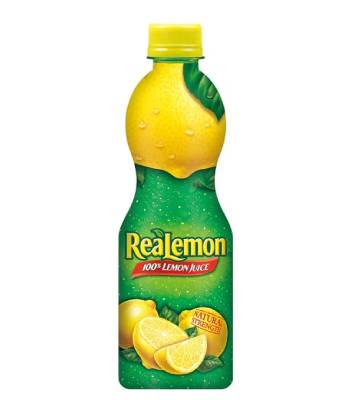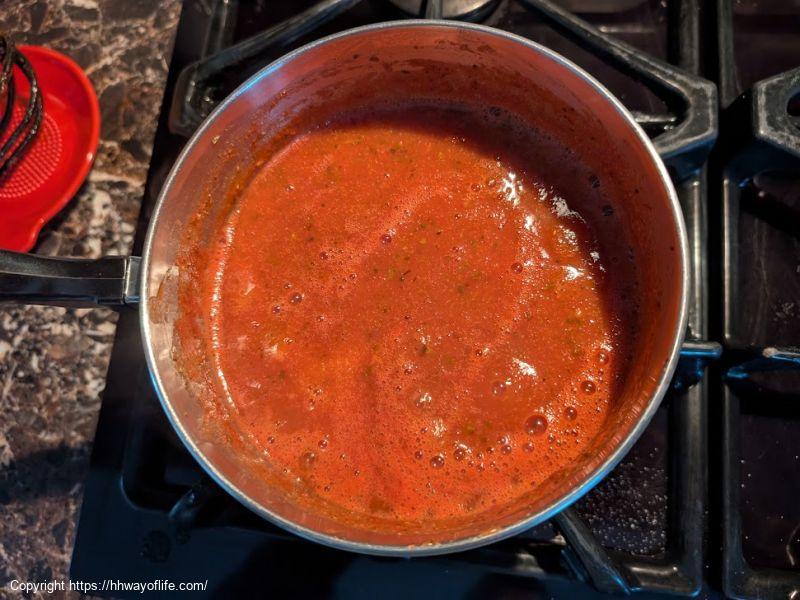Food Nutrition Facts
Nutrition Facts For
Lemon Juice
Portion Size: 1 tablespoon
| Nutrient | Value | % Daily Value* |
|---|---|---|
| 0.0 kcal | 0% | |
| 0.0 g | 0% | |
| 0.0 g | 0% | |
| 0.0 mg | 0% | |
| 2.0 mg | 0% | |
| 0.0 mg | 0% | |
| 0.0 g | ||
| 0.0 g | ||
| 0.0 g | ||
| 0.0 g | ||
| 0.0 g | ||
| Juice |
*Daily value based on a 2,000 calorie diet. Your daily values may be higher or lower depending on your calorie needs and health goals.
Calculate your daily calorie needs here
Nutrition Facts For 1 tablespoon of Lemon Juice

Lemon juice, the tart and vibrant liquid extracted from lemons, is a culinary staple prized for its bright flavor and versatility. Its signature sourness comes from citric acid, which also contributes to its preservative qualities. Beyond its zesty taste, lemon juice offers a refreshing aroma and a clean, invigorating character that enhances a wide range of dishes. From simple lemonades to complex sauces, its ability to cut through richness and add a touch of acidity makes it an indispensable ingredient in kitchens worldwide.
More than just a flavor enhancer, lemon juice plays a crucial role in various culinary applications. It can be used to prevent the browning of certain fruits and vegetables, tenderize meats, and add brightness to dressings and marinades. Its high vitamin C content also contributes to its nutritional value. Whether squeezed fresh or used from a bottle, lemon juice brings a burst of sunshine to both sweet and savory creations, making it a beloved ingredient for both home cooks and professional chefs.







